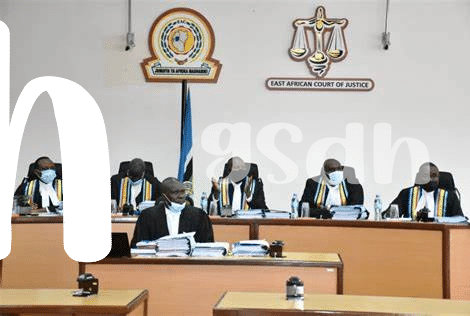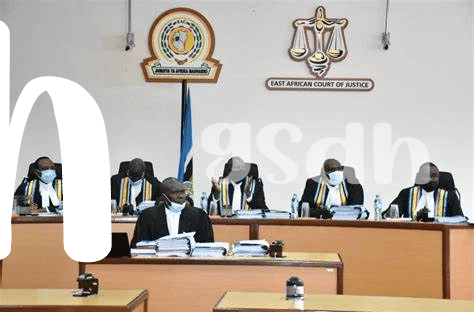Understanding Arbitration Basics ⚖️

Understanding Arbitration Basics: Arbitration is a method of resolving disputes outside of the traditional court system. It involves a neutral third party, known as an arbitrator, who listens to both sides of the argument and makes a decision that is legally binding. Unlike court proceedings, arbitration is often faster, more flexible, and private. Parties can choose their arbitrator and the rules that govern the process. This allows for a more tailored approach to resolving conflicts. Overall, understanding the basics of arbitration is crucial for those looking to navigate Bitcoin disputes effectively. Arbitration offers a unique alternative to litigation, providing an efficient and cost-effective way to settle disagreements within the realm of cryptocurrency transactions.
| Arbitration Basics | |
|---|---|
| Neutral third party | Arbitrator |
| Flexible and private | Customizable rules |
Benefits of Arbitration in Bitcoin Disputes 💰
Arbitration offers a streamlined approach to resolving Bitcoin disputes, providing a quicker and more cost-effective alternative to traditional litigation methods. By opting for arbitration, parties can benefit from a neutral third-party decision-maker who specializes in Bitcoin disputes, ensuring a fair and impartial resolution. Additionally, the private nature of arbitration proceedings offers confidentiality, safeguarding sensitive information from becoming public knowledge.
Furthermore, arbitration in Bitcoin disputes enables parties to have more control over the process, allowing them to select arbitrators with relevant expertise in the cryptocurrency field. This tailored approach can lead to faster dispute resolution, enabling parties to efficiently address their issues without the delays commonly associated with court proceedings. Embracing arbitration for Bitcoin disputes not only promotes efficiency but also cultivates trust and confidence in the cryptocurrency ecosystem.
Popular Arbitration Platforms for Bitcoin 🌐

When it comes to finding the right arbitration platform for settling Bitcoin disputes, it’s crucial to consider factors such as reputation, efficiency, and impartiality. The digital nature of Bitcoin transactions requires platforms that are equipped to handle the unique complexities of cryptocurrency disputes. In this section, we will delve into some of the most widely recognized arbitration platforms in the realm of Bitcoin, highlighting their features, user experiences, and success rates. By exploring these popular platforms, readers will gain valuable insights into the diverse options available for resolving Bitcoin-related conflicts in a fair and timely manner.
Case Studies of Successful Bitcoin Arbitrations 📊

In one notable case, a dispute over a substantial Bitcoin transaction was efficiently resolved through arbitration. The parties involved had reached a deadlock regarding the terms of the transaction, leading to potential financial losses. However, with the help of a reputable arbitration platform, a fair resolution was achieved, satisfying both parties and allowing the transaction to proceed smoothly. This successful outcome highlights the effectiveness of arbitration in mitigating Bitcoin-related disputes, emphasizing the importance of a transparent and impartial process in reaching a consensus. By learning from such case studies, individuals and organizations can gain valuable insights into the practical application of arbitration in the realm of Bitcoin transactions, paving the way for smoother and more secure dealings in the future. For more insights on arbitration for Bitcoin transaction disputes, including real-world examples and best practices, explore the comprehensive guide on bitcoin payment dispute resolution in South Korea.
Challenges in Using Arbitration for Bitcoin Disputes 🤔
Challenges in using arbitration for Bitcoin disputes can arise from the complexity of the technology itself, often requiring specialized knowledge to fully comprehend the nature of the disagreements. Additionally, the decentralized and pseudonymous nature of Bitcoin transactions can make it challenging to verify the parties involved and gather sufficient evidence for a fair arbitration process. Moreover, the international aspect of many Bitcoin transactions can further complicate the resolution process, as jurisdictional issues and differing legal frameworks may come into play.
| Challenges in Using Arbitration for Bitcoin Disputes |
|---|
| Complexity of technology |
| Difficulty in verifying parties |
| International implications |
Future Trends in Bitcoin Dispute Resolution 🚀

In the ever-evolving landscape of Bitcoin dispute resolution, future trends point towards increased automation and smart contract technology playing a pivotal role in streamlining the process. With the rise of decentralized finance (DeFi) and blockchain-based dispute resolution mechanisms, we can expect a shift towards more efficient and transparent ways of resolving disputes in the Bitcoin ecosystem. The integration of artificial intelligence and data analytics could further enhance the speed and accuracy of resolving conflicts, ultimately leading to a more secure and trustless environment for handling Bitcoin disputes. Additionally, the growing emphasis on community governance models and consensus mechanisms within blockchain networks may reshape how disputes are addressed, fostering a more decentralized and inclusive approach to conflict resolution in the realm of Bitcoin transactions.
< a href="link to bitcoin payment dispute resolution in south africa">bitcoin payment dispute resolution in San Marino
